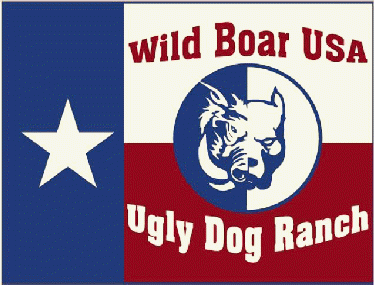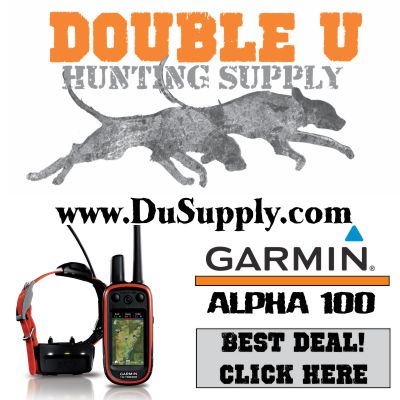There are several things I watch closely about how my dogs work on a set of bayed cattle. I will pick one tonight and add to it later if I can.
A given that the dogs have got a lot of circle and work at good speed around the herd at all times.
I look for the "trigger of engagement" in the dog.
This trigger is the distance a cow protrudes from the herd and that distance provokes individual attention from the dog. Before the cow steps out some distance the dog treats the herd as "one". Eye contact is not made with any one cow, the dog is working a hard circle and looking at the whole and not anyone part. Eyes are allways moving and the dog is "feeling" the offside by watching for any "flow" of the cattle indicating leaking on the off side. This is a settled bay, a state of equilibrium exists between the movement of the cattle and the strength of the dogs.
With un-broke cattle this state of equilibrium will not last long. A cow will test the dog or dogs by starting to leave the herd. This happens in stages for the most part and I am looking for how and when the dog reacts to this challenge.
The question is which of the following triggers the dog to focus on the individual and not the herd as a whole.
1.Head up, edge of herd, looking for a place to go, ears ridged.
2.Head out in the open to the jaw.
3.Head and neck out.
4.Elbow out.
5.Rib out.
6.Flank out.
7.Hip exposed but not tail.
8.Tail just clear of the herd.
9.1/2 a body length out.
10.Full body length out.
Someplace between 1 and 10 the dog will engage the cow. This is a genetic trait and will vary from dog to dog. What the dog does when he is triggered is just as important and when. I do not like for a dog to bite first, I consider this to be a sign of weakness in the dog that he wants to bite first crack out of the bag.
By 4 the dog had better be stopped at the cow and be head to head barking and aggressively holding his ground. The dog should not bite if the cow just holds her ground and keeps her head up. Any forward motion of the cow, or lowering of the head, after the dog has faced up should result in a bite or attempted bite. The dog should stay engaged untill the cow returns to the herd.
Some dogs will trigger at any of these points, I prefer 4 through 9.
As the cow is returning to the herd I pay very close attention to the exact moment the dog "releases" the single and returns to working the "whole". At a minimum when the cows jaw is inside the herd the dog should release, but I prefer for the release to happen when the cow is still a body length outside the herd but traveling straight back in. This one body length release helps to insure the integrity of the bay and prevents the cattle from scattering as a single is driven back. A dog that stays hooked to a cow and runs back into the herd with that cow is a big problem for me personally. That type of dog is a weaker dog with a chip on its shoulder for that particular cow and that will break a bay every time.
I don't really want a dog to ever put teeth on a cow unless they are out past their rib and a half of a body length is better. A stronger dog will use his bark, aggressiveness, and body position to control the stock and use his bite as a last resort.
One thing can change this and that is a bad dog fighting cow. One that has been charging the dogs many times and is on the fight. This type of cow is not submitting even though she returns to the herd, she stays on the outside instead of pushing to the middle. She will have her head out and down, which is a direct challenge to the dog. The dog is free to bite her every chance he gets on the edge of the herd if he can do it without spilling the bunch. The dogs know that the herd will not settle and lead out untill this type of cow has submitted and sought the middle, so they will apply all the pressure they can.
When the dog disengages the cow is more important to me than when he engages that cow.
Watch your dogs work and look for these traits.
Thanks,
Paul T
Can't get anymore detailed than that. Good stuff



